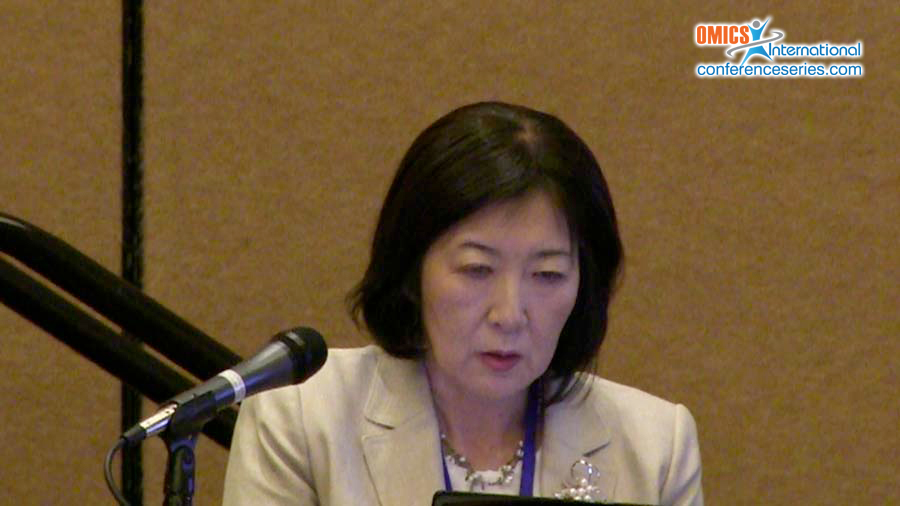
Misako Nakashima
National Center for Geriatrics and Gerontology, Japan
Title: Dental pulp stem cells mobilized with granulocyte colony-stimulating factor for total pulp regeneration: Phase 1 clinical trial
Biography
Biography: Misako Nakashima
Abstract
The dentin-pulp complex does not regenerate spontaneously in pulpectomized adult tooth with complete apical closure as observed in root canal filling. Our preclinical work has demonstrated therapeutic potential of dental pulp stem cell (DPSC) subsets isolated by granulocyte-colony stimulating factor (G-CSF)-induced mobilization, known as mobilized DPSCs (MDPSCs) for complete pulp regeneration. We further assessed the safety and feasibility of autologous transplantation of human MDPSCs in pulpectomized tooth and evaluated cell therapy in a clinical trial. The trial was approved and monitored by the Japanese Ministry of Health, Labour and Welfare and by the Ethics Committes. Clinical-grade MDPSCs were isolated and expanded according to GMP conditions. The MDPSCs with granulocyte-colony stimulating factor (G-CSF) suspended in atelocollagen were transplanted into pulpectomized tooth. A total of 5 patients with irreversible pulpitis were enrolled and regularly monitored before and after transplantation for 24 weeks. Excellent quality control of the final individual product, MDPSCs was assured after freezing and thawing by the lack of contamination, abnormalities/aberrations in karyotype and the expression of stem cell markers, CD29, CD44, and CD105 and absence of CD31. The clinical laboratory and radiographic evaluations demonstrated no transplant-related evidence of toxicity and adverse events. Pulp vitality by electronic pulp testing turned a positive response within 4 weeks after transplantation (n=4). Magnetic resonance imaging (MRI) demonstrated the similar signal intensity in the root canal at week 24 to that in normal pulp. These results suggest that MDPSCs transplantation into the pulpectomized tooth is safe andefficacious for pulp regeneration in humans.

